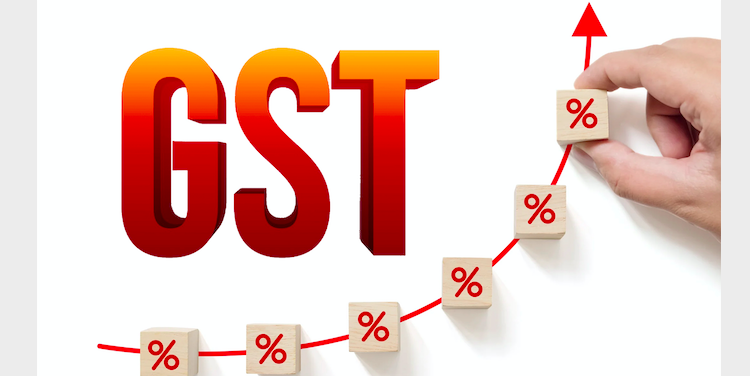Gaming Industry Says 28% GST Will Put Desi Companies Out of Business
India’s GST Council has given a Group of Ministers (GoM) the task of reviewing the current tax regime that sees 18% GST imposed on most online games for money. Financial media reports suggest that 28% would be the new rate for all games, causing a stir in the tech industry circles.
The current lower tax bracket has been applied for most real-money games ever since GST was first introduced in 2017. Gaming industry exponents remind that this approach was also used by authorities to set popular skill games like fantasy sports and rummy apart from legal gambling options like horse racing, lottery and Indian casino online.
Online gaming advocates point out that Indian players will have to pay any higher costs in the form of entry fees, tickets, in-app tokens and other kinds of monetary deposits. This will make the industry less competitive against black market operators and foreign websites. Ultimately, more tax revenues will be lost and the economic impact will be felt throughout the animation, video gaming and comics sector (AVGC), one of India’s top growing economic segments.
Industry analysts also note that most mature markets like the USA, Australia, Europe and the UK levy taxes – both direct and indirect – on the platform fees collected (termed gross gaming revenue, GGR) and not on entry fees and prize pools. Taxing player participation is too aggressive and often results in non-compliance and revenue leaking to grey markets.
Recommendations in that sense have been sent to the GST Council prior to a planned meeting by the responsible ministers.
Learning from Past Mistakes
The case evokes worrying analogs to the troubles faced by the legal online lottery in India. After GST introduction, the overall tax incidence on the game was raised from around 6.71% (average nationwide) to over 30%, resulting in a major blow for the industry, particularly felt by smaller distributors. Covid-related limitations only made things worse, sending players over to more competitive foreign lotteries online.
This has been the case of one of the largest online lotteries in India, the Playwin brand. Licensed by Sikkim authorities, the lottery was available in most Indian states and was one of the largest players on the market. After 28% was added to the face value of lottery tickets, retail distribution slumped and the operator had to shut down and file insolvency procedures. This shows how easy it is to lose the entire business – instead of getting more tax revenue – if the tax burden is misjudged.
The online gaming industry plays a significant part in India’s digital transition, generating stable profits, employment and upholding the startup spirit in a number of tech hubs. Uncertain policies have shaken investor confidence in the past but raising further financial hurdles will put the very existence of the industry in question.

















